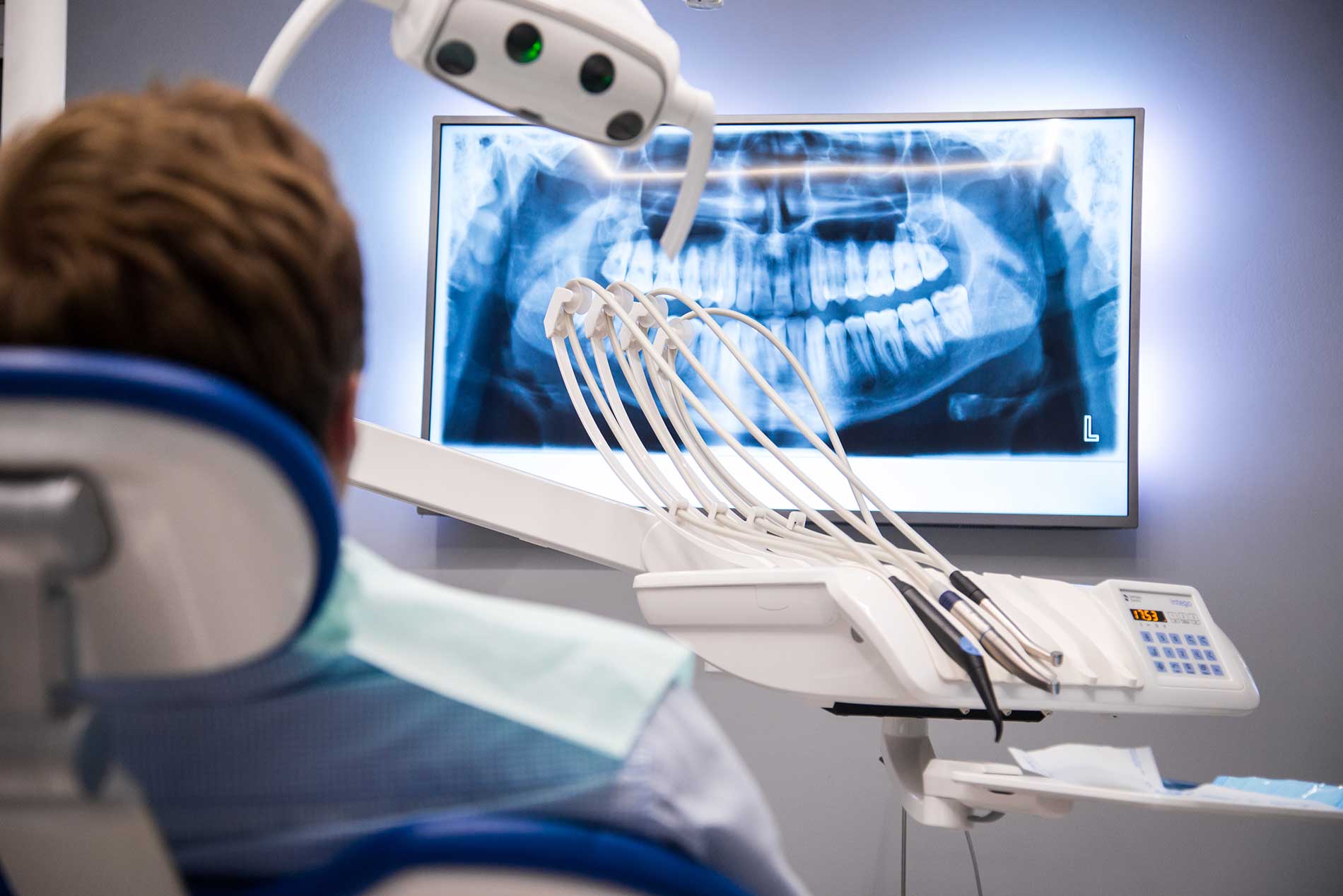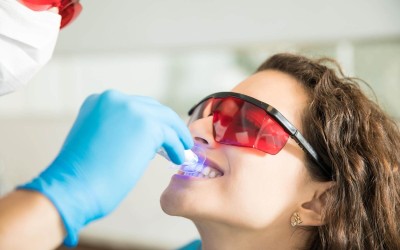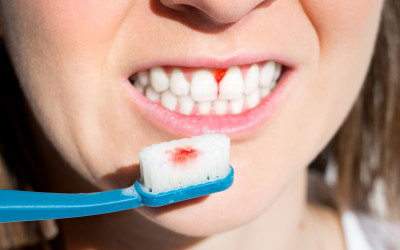What is Sinus Perforation?

What is Sinus Perforation?
- 21 April 2023
- 170232 views
Sinus perforation is the puncturing of the sinus cavity in the nose or the cavity where the teeth are located in the cheek.
This content is for informational purposes only and does not replace medical advice, diagnosis, or treatment. Please consult a healthcare professional for any health concerns.
Table of Contents
Sinuses are air-filled cavities found in some bones such as the facial and forehead bones. These cavities help produce mucus in the nasal cavity and humidify the air in the nasal cavity. They also reduce the weight of the facial bones. Perforation of the sinus cavity in the nose or the membrane of the alveolar sinus (the cavity where the teeth are located) in the cheek is called a sinus perforation.
What is Sinus Perforation?
Sinus perforation is the perforation of the sinus cavity in the nasal cavity or the cavity where the teeth are located in the cheek. This condition usually occurs due to reasons such as trauma, infection, surgical intervention or medication use.
It can cause symptoms such as nasal congestion, facial pain, infection and nosebleeds. Treatment may vary depending on the size of the perforation, symptoms and underlying causes.
What Causes Sinus Perforation?
It can occur due to several reasons, commonly including the following:
- Some dental procedures
- Sinus surgery
- Sinus infections
- Medications
- Sinus trauma
- Malignant tumors
What are the Symptoms of Sinus Perforation?
The symptoms of sinus perforation are as follows:
- Nasal discharge
- Nasal congestion
- Sinus pain or pressure
- Nosebleeds
- Facial swelling
- Inner ear or toothache
- Loss or distortion of smell
What is the Relationship Between Sinus Perforation and Dentistry?
Sinus perforation is a complication that can occur during some dental procedures. It can occur especially during the extraction of upper posterior teeth or implant applications. Perforation occurs in the sinus cavity as a result of damage to the bony membrane at the bottom of the sinus during these procedures. In such cases, the dentist applies treatment to close the opening connected to the sinus cavity. If left untreated, infections, sinusitis and other serious complications can occur
How is Sinus Perforation Treated?
The treatment varies depending on the size, cause, and symptoms of the perforation. The following treatment methods may be applied:
- Wait and See: Small sinus perforations often heal on their own and do not cause symptoms. Therefore, people with mild symptoms usually prefer a wait and see strategy.
- Antibiotic Treatment: If sinus infection is the cause of the perforation, the doctor may prescribe antibiotics.
- Surgical Treatment: Large or chronic sinus perforations require surgical treatment.
- Conservative Treatment: Alternative treatment methods are available for small perforations. Some synthetic tissue adhesives and tampons that can be applied to the nasal wall can be used to treat sinus perforations by supporting the natural healing process of the sinus cavity.
How to Prevent Sinus Perforation in Dentistry?
The following methods can be used to prevent sinus perforation in dentistry:
- Prior evaluation: The dentist should evaluate the patient's sinuses before the procedure and determine the relationship between the sinuses and the application area.
- Dentist's experience: The dentist should have sufficient experience with the procedure to be performed.
- Equipment used: The dentist must use appropriate quality equipment.
- Patient's condition: An appropriate anesthesia and medication treatment should be selected, taking into account the patient's general health status and allergic reactions.
- Postoperative care: Appropriate care measures should be taken after the applied procedure to prevent sinus perforation. This will reduce the patient's risk of infection and speed up the healing process.
Frequently Asked Questions
How does Sinus Perforation Occur?
It occurs as a result of damage to the thin bone and mucous membrane between the nasal cavity and the sinus cavity.
What are the Symptoms?
Symptoms include nasal discharge, nasal congestion, headache, facial pain, nosebleed, bad smell, postnasal drip and cough.
How is it Diagnosed?
It can be diagnosed by physical examination and imaging tests performed by an ear, nose and throat specialist.
How Long Does the Healing Process take after Sinus Perforation Treatment?
The healing process after treatment varies depending on the surgical intervention and the size of the perforation.
What Should be Considered During Sinus Perforation Treatment?
During sinus perforation treatment, it is important to avoid nasal activities and use medication as recommended by the doctor. In addition, avoiding harmful habits such as smoking and alcohol will also help in the healing process.







